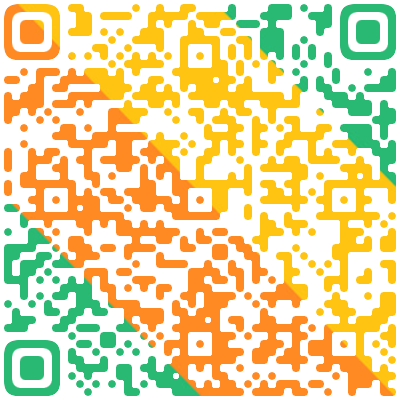When Bill de Blasio ran for New York City mayor last year, he promised to end a controversial (有争议的), citywide cell-phone ban(禁令)in public schools, which is not equally enforced in all schools. Now, under his leadership, the city is preparing to end the ban. It will be replaced by a policy that allows phones inside schools but tells students to keep them packed away during class.
Many schools have a rule about enforcing the ban that says, “If we don't see it, we don’t know about it.” That means teachers are OK with students bringing in cell phones, as long as they stay out of sight and inside bags and pockets.
But at the 88 city schools with metal detectors, the ban has been strictly enforced. The detectors were installed to keep weapons out of schools,but the scanners(扫描器)can also detect cell phones. So students at these schools must leave their phones at home or pay someone to store it for them.
The ban was put into place in 2007 under mayor Michael Bloomberg. Ending the ban will also likely end an industry that has sprung up near dozens of the schools that enforce the ban. Workers in vans(厢式货车)that resemble food trucks store teens’ cell phones and Other devices for a dollar a day.
Critics of the ban say cell phones are important safety devices for kids during an emergency. They also say that enforcement of the ban is uneven and discriminatory. Where the ban is enforced, it puts a disadvantage on students who can’t afford to pay to store their phones.
Before putting an official end to the cell-phone ban, city education officials are working on creating a new policy. It will include rules about not using the phones during class or to cheat on tests.
Many schools have a rule about enforcing the ban that says, “If we don't see it, we don’t know about it.” That means teachers are OK with students bringing in cell phones, as long as they stay out of sight and inside bags and pockets.
But at the 88 city schools with metal detectors, the ban has been strictly enforced. The detectors were installed to keep weapons out of schools,but the scanners(扫描器)can also detect cell phones. So students at these schools must leave their phones at home or pay someone to store it for them.
The ban was put into place in 2007 under mayor Michael Bloomberg. Ending the ban will also likely end an industry that has sprung up near dozens of the schools that enforce the ban. Workers in vans(厢式货车)that resemble food trucks store teens’ cell phones and Other devices for a dollar a day.
Critics of the ban say cell phones are important safety devices for kids during an emergency. They also say that enforcement of the ban is uneven and discriminatory. Where the ban is enforced, it puts a disadvantage on students who can’t afford to pay to store their phones.
Before putting an official end to the cell-phone ban, city education officials are working on creating a new policy. It will include rules about not using the phones during class or to cheat on tests.
The word discriminatory in Paragraph 5 probably means().
A. necessary
B. tough
C. strict
D. unfair
查看答案
相关试题
换一换


热门试题



 使用微信扫一扫登录
使用微信扫一扫登录